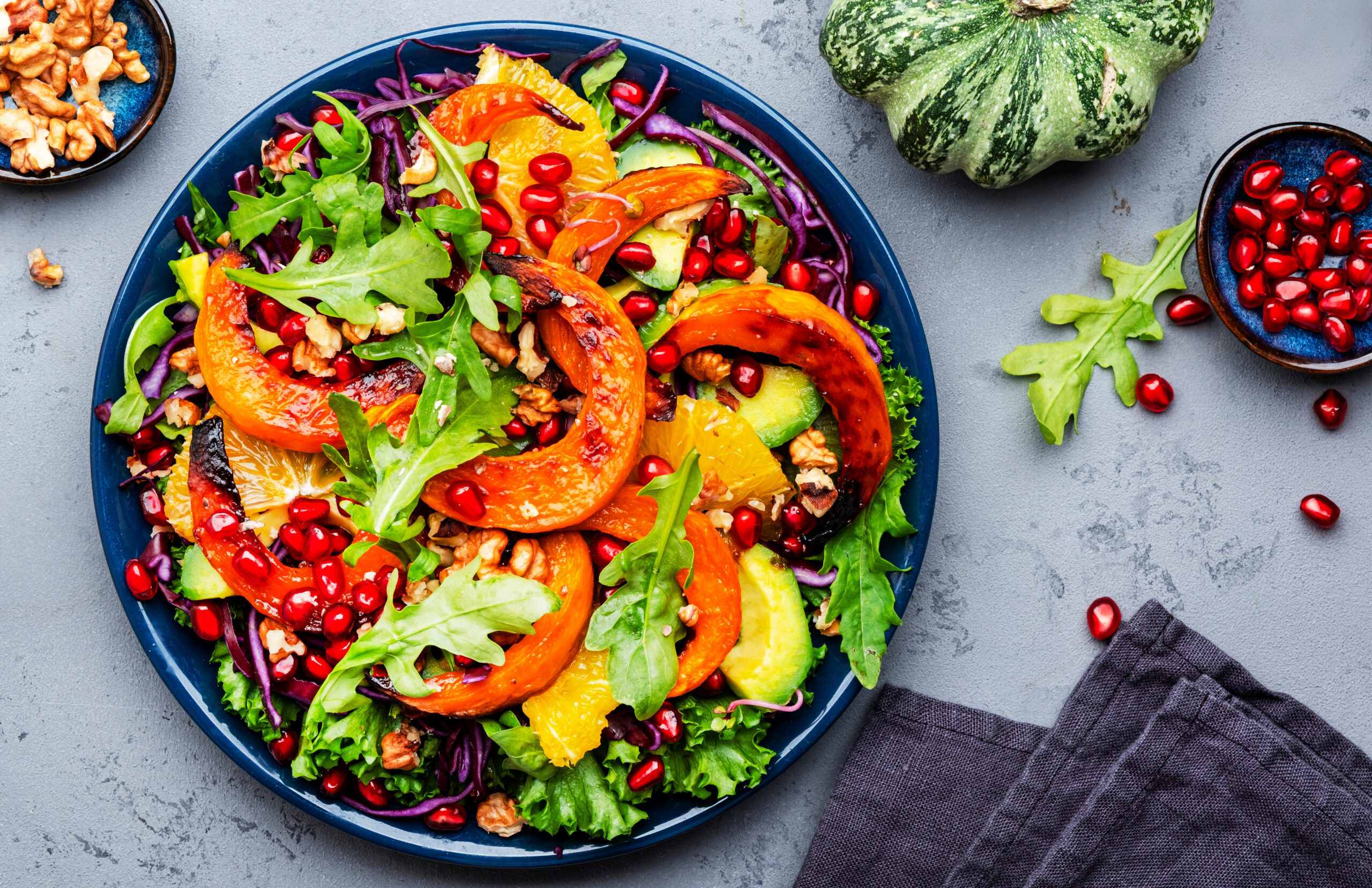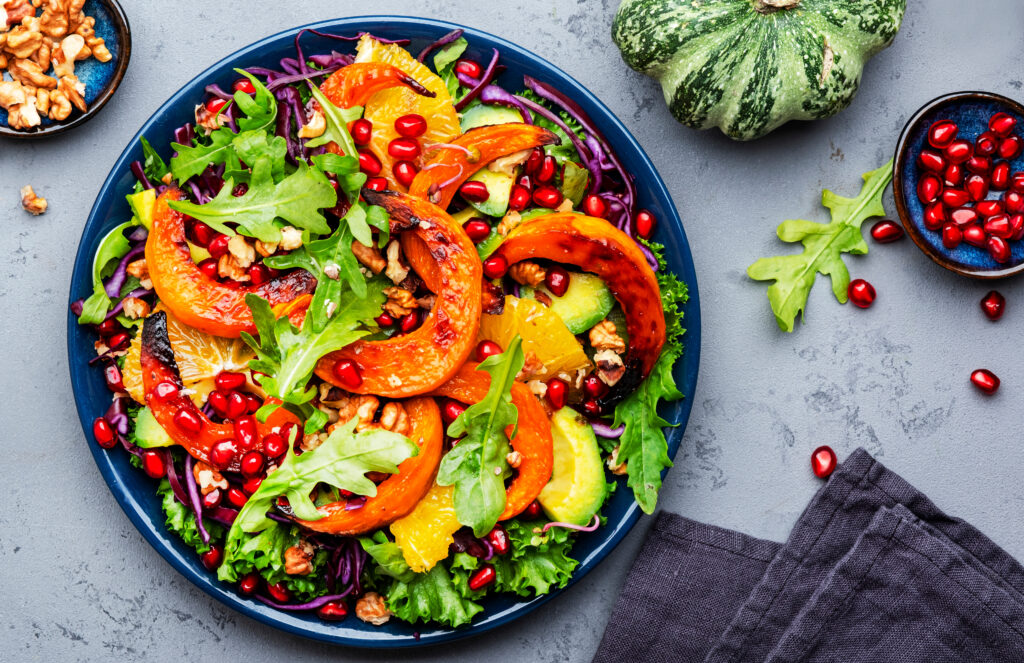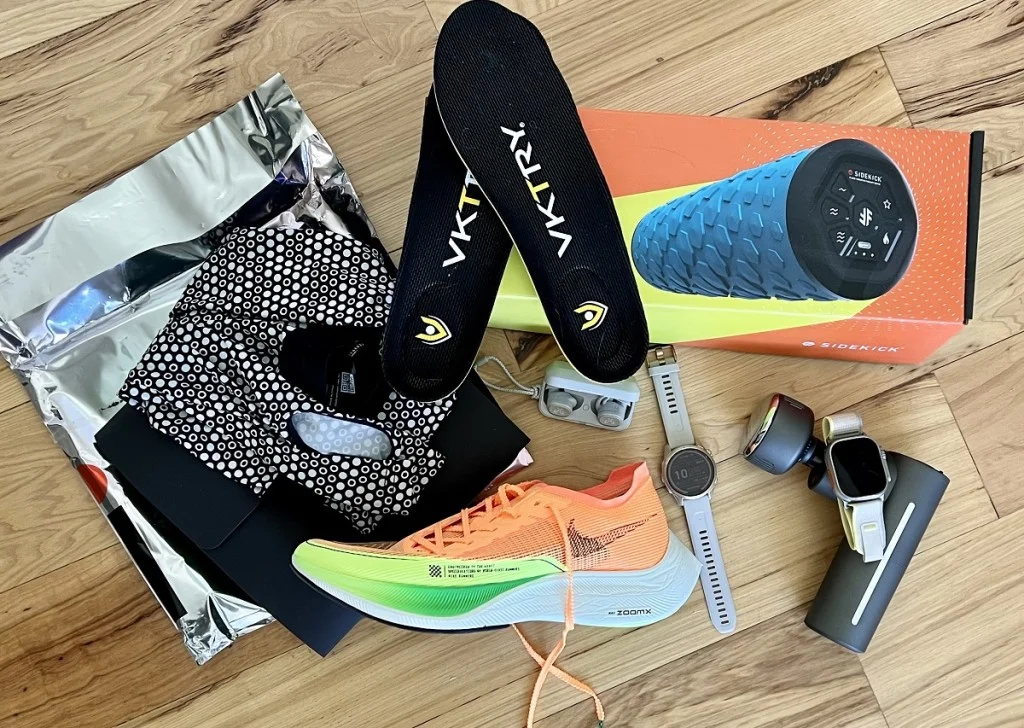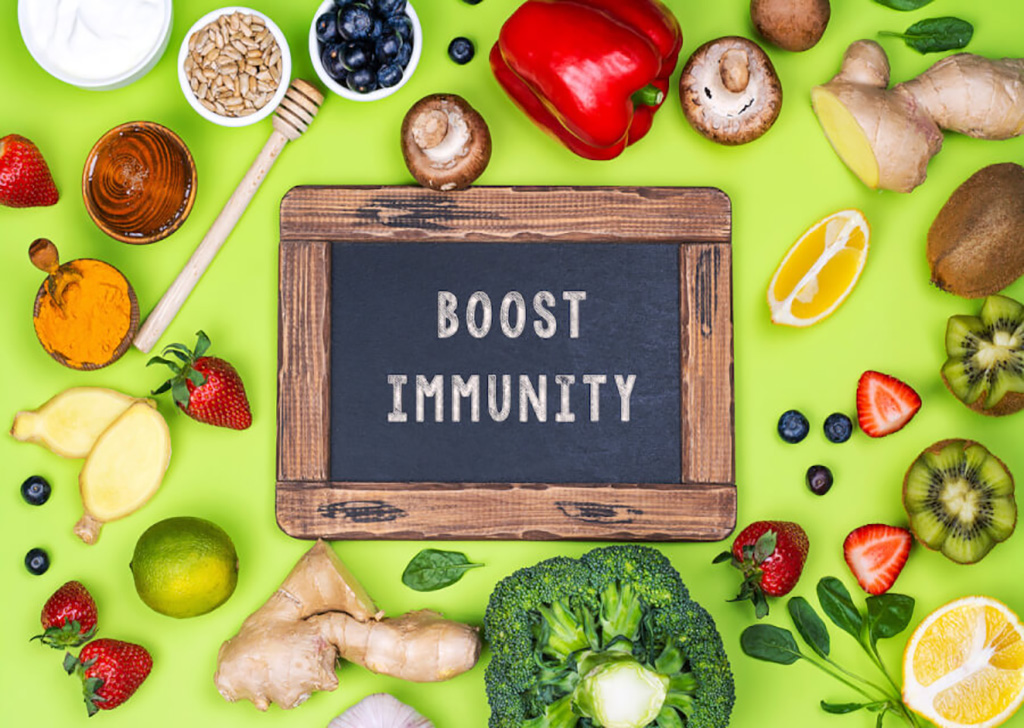Plant-based nutrition is no longer just a trend—it’s a global movement that is transforming lives. Whether you’re looking to boost your energy, prevent disease, or make a sustainable impact on the planet, a plant-based diet offers a powerful solution.
But here’s the question: How do you transition smoothly while ensuring you get all the nutrients your body needs?
In this guide, we’ll break down everything you need to know about plant-based eating, debunk common myths, and introduce you to the best supplements and superfoods to maximize your health.
Understanding Plant-Based Nutrition
Whole Foods vs. Processed Vegan Options
Not all plant-based foods are created equal. While the market is flooded with vegan junk food (highly processed meats, cheeses, and snacks), the real health benefits come from focusing on whole, nutrient-dense foods.
✅ Best whole food sources:
-
Legumes Lentils, Chickpeas for fiber & protein.
-
Leafy greens Kale, Dandelion greens, Watercress, Swiss chard for vitamins & minerals.
-
Nuts & seeds Hemp seeds, Walnuts Brazil nuts for omega-3s.
-
Fermented foods (sauerkraut, kimchi, miso) for gut health.
-
Fruits: Berries, figs, dates, key limes
-
Vegetables: Cucumbers, zucchini, bell peppers, okra
-
Grains: Amaranth, quinoa, wild rice
- Herbs & Spices: Sea moss, burdock root, cayenne pepper
🚫 Limit processed plant-based options:
-
Store-bought vegan meats & cheeses (often high in additives).
-
Packaged protein bars & snacks with artificial ingredients.
Essential Nutrients on a Plant-Based Diet
One of the biggest concerns people have when going plant-based is whether they’ll get enough essential nutrients. Here’s how to meet your daily needs effortlessly:
1️⃣ Protein – Despite the myth, plant-based diets provide plenty of protein.
-
Best sources: Amaranth, quinoa, hemp seeds, walnuts
2️⃣ Vitamin B12 – Since B12 is mostly found in animal products, a supplement is essential.
-
Best source: Dr. Sebi’s Treatment Book explains natural sources and supplement options.
3️⃣ Iron – Boosting Absorption Naturally
-
Best sources: Kale, burdock root, dandelion greens (pair with key lime juice for better absorption)
4️⃣ Omega-3 Fatty Acids – Critical for brain health and reducing inflammation.
-
Best sources: Hemp seeds, walnuts, sea moss and ChlorOxygen (buy here) for an easy boost.
Common Myths & Facts About Plant-Based Eating
“You Can’t Get Enough Protein on a Plant-Based Diet!” (Debunked)
This is one of the biggest misconceptions about plant-based eating. The truth? Most people consume more protein than they actually need—and plants offer plenty of high-quality protein.
Fact: The average adult only needs 46-56 grams of protein per day, and this can be easily met with plant-based sources.
➡️ Example of a high-protein plant-based meal:
- Amaranth porridge with walnuts and figs (20g protein)
- Quinoa salad with avocado (15g protein)
“Plant-Based Eating Is Expensive” (Not True!)
Many assume that eating plant-based means buying expensive organic superfoods and fancy supplements, but in reality, some of the cheapest foods in the grocery store are plant-based.
💰 Budget-Friendly Staples:
- Amaranth & quinoa (buy in bulk for savings)
- Fresh cucumbers, zucchini, bell peppers (seasonal shopping saves money)
- Wild rice & hemp seeds (great protein sources for less)
- Frozen vegetables: Just as nutritious as fresh, but half the price.
💡 Pro Tip: Buying in bulk saves money—Celtic Sea Salt (buy here) is a long-lasting pantry staple that enhances flavor while providing essential minerals.
How to Transition to a Plant-Based Diet Smoothly
Switching to a plant-based lifestyle doesn’t have to be overwhelming. Here’s a step-by-step approach for an easy, stress-free transition:
1. Start with One Plant-Based Meal a Day
If you’re new to plant-based eating, don’t feel like you have to change everything overnight. Start by replacing one meal per day with a plant-based option.
🔹 Breakfast swap: Instead of processed cereal → Amaranth porridge with dates & walnuts
🔹 Lunch swap: Instead of a sandwich → Quinoa & avocado salad
🔹 Dinner swap: Instead of pasta → Wild rice stir-fry with bell peppers & okra
2. Find Delicious Plant-Based Substitutes
Instead of focusing on what you’re giving up, think about what you’re adding!
Plant-Based Swaps:
-
Cow’s milk → Almond or coconut milk
-
Ground beef → Lentils, mushrooms, walnuts or tempeh
-
Cheese → Cashew-based cheese
-
Sugar → Date sugar or agave nectar
-
Table salt → Celtic sea salt
- Vinegar → Key lime juice
🌱 Need inspiration? The Smoothie Diet (learn more) makes it easy to incorporate plant-based meals into your routine.
Best Plant-Based Supplements & Superfoods
Even with a whole food-based diet, certain supplements and superfoods can enhance your nutrition and optimize your health.
🌿 Dr. Sebi’s Treatment Book (buy here)
- Discover alkaline-based nutrition for longevity.
- Learn which foods to avoid for better health.
🩸 ChlorOxygen (buy here)
- Supports oxygenation of cells for better energy.
- Great for athletes and those with low iron levels.
🛡️ Oxy-Powder Colon Cleanse (buy here)
- Gentle detox to remove toxins from the gut.
- Supports better digestion & nutrient absorption.
🧂 Celtic Sea Salt (buy here)
- Mineral-rich alternative to processed table salt.
- Supports electrolyte balance & hydration.




